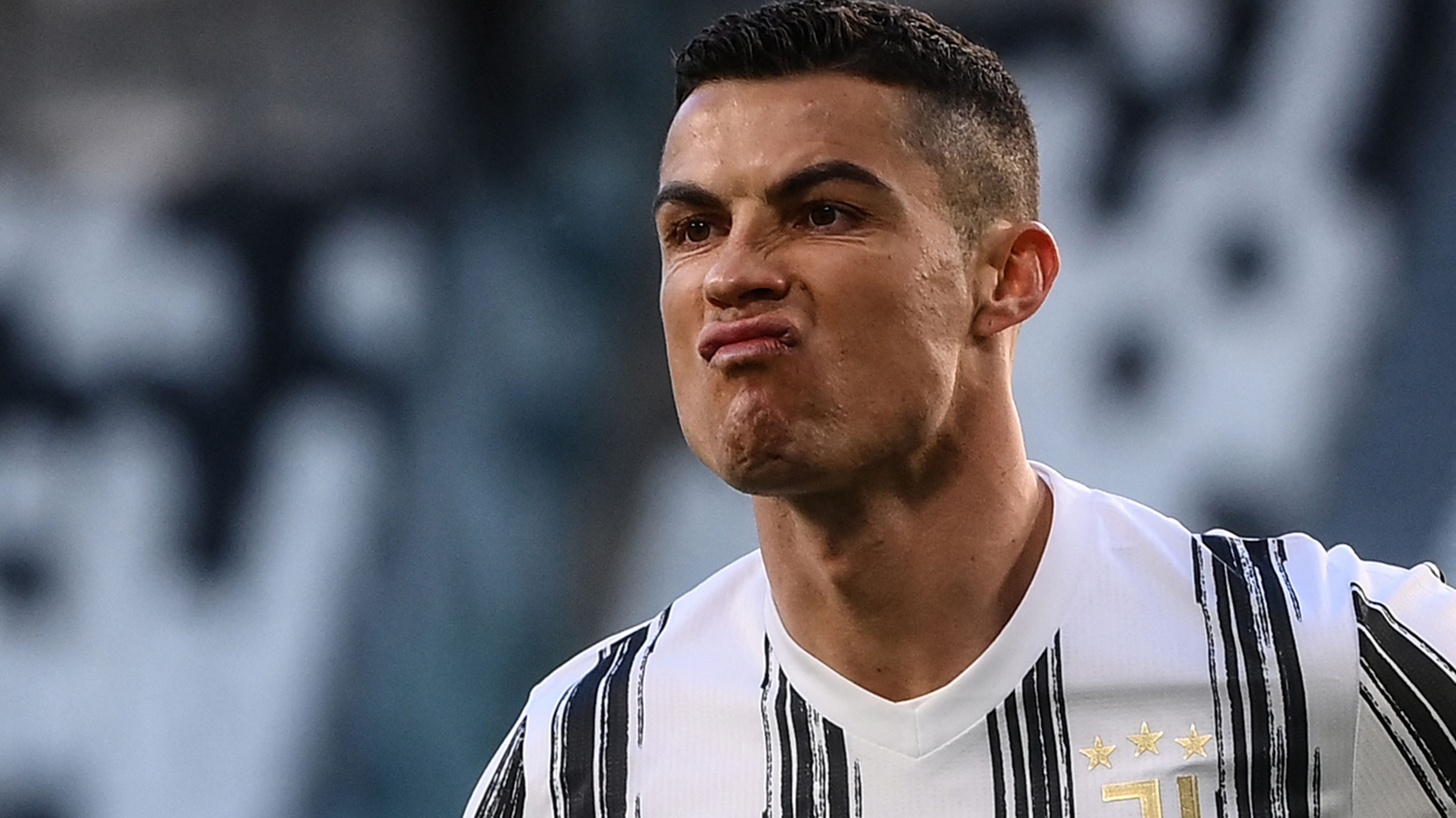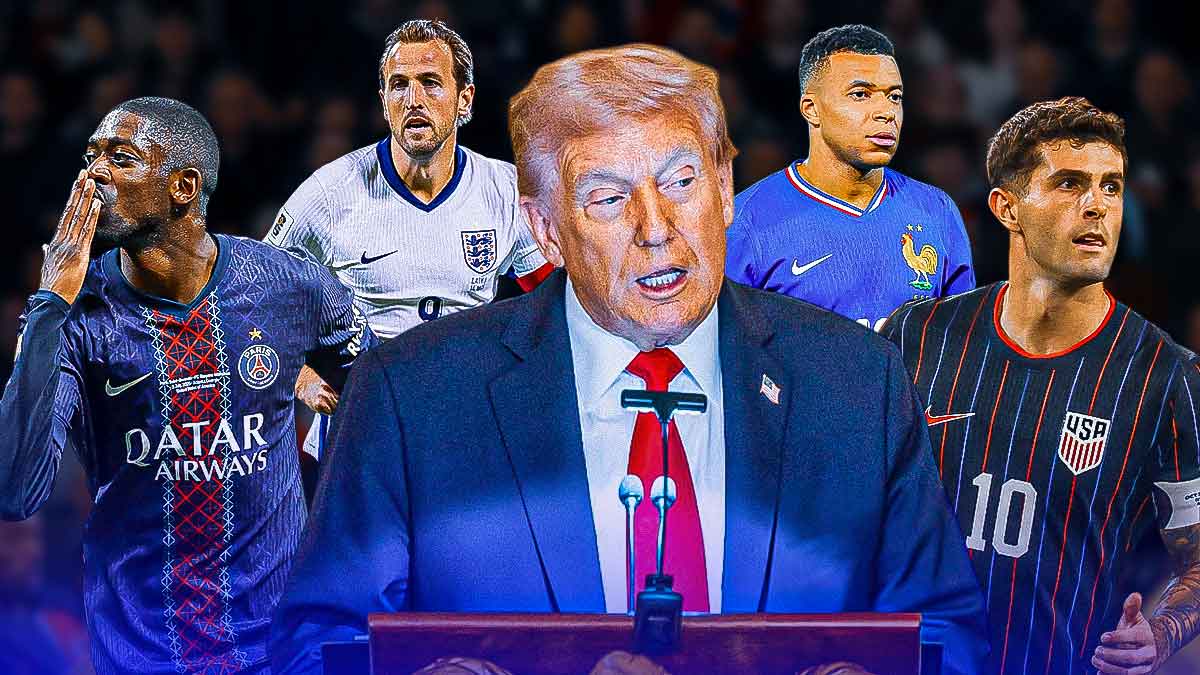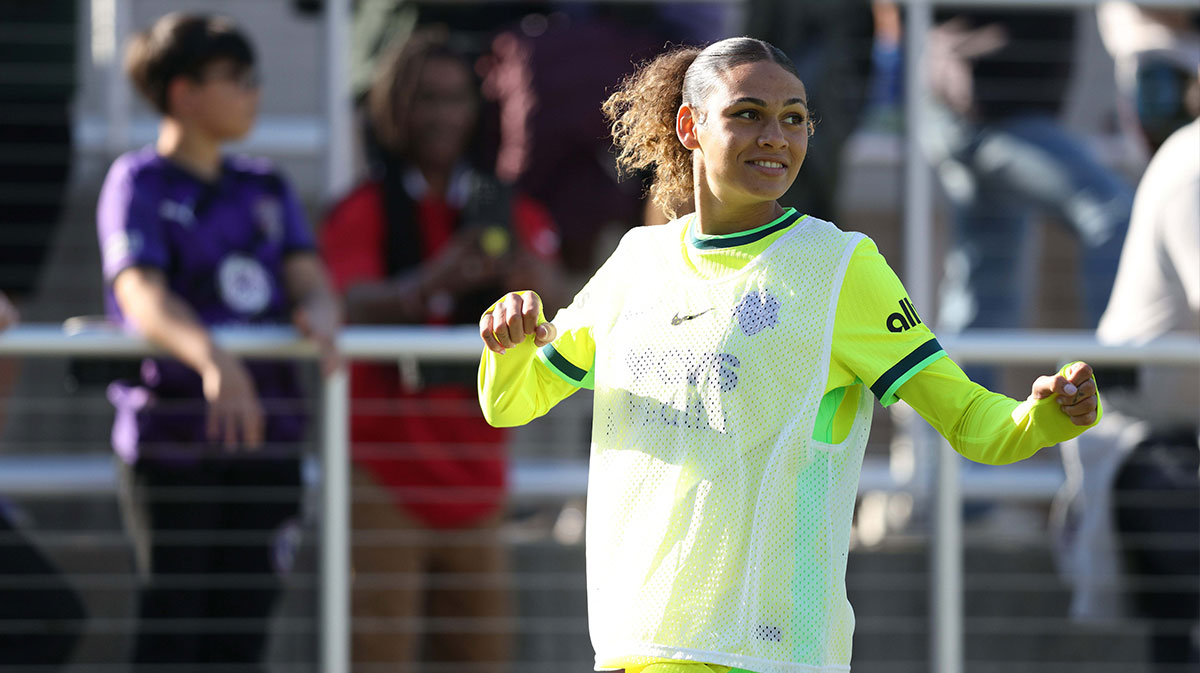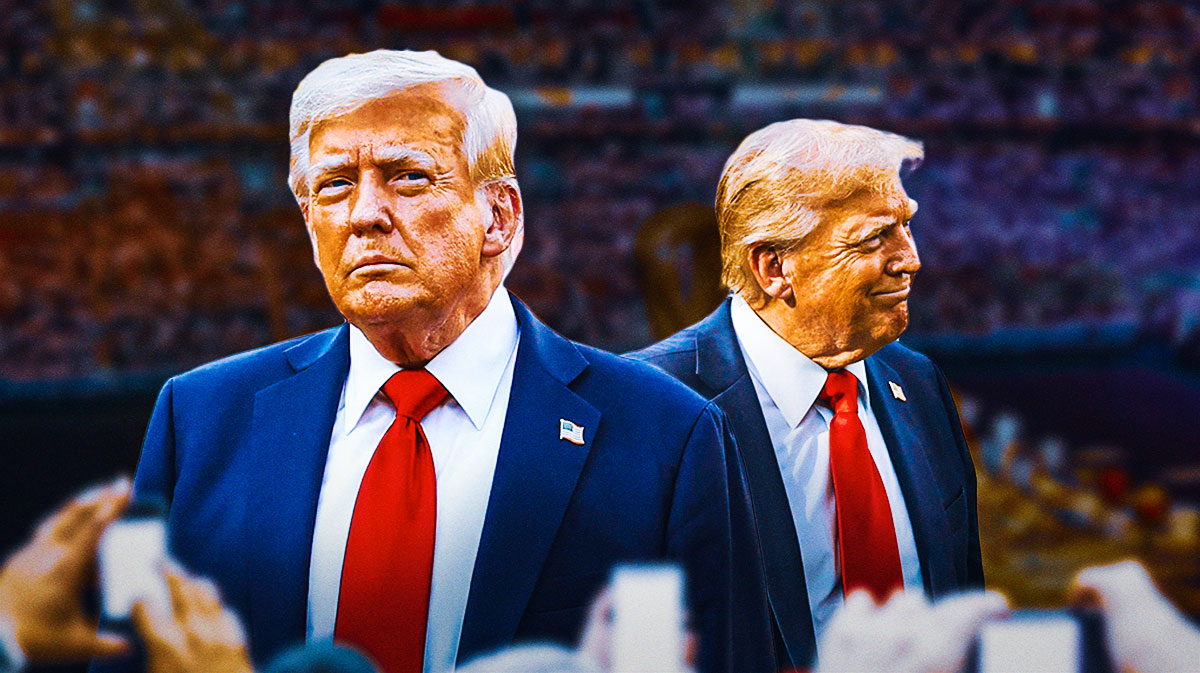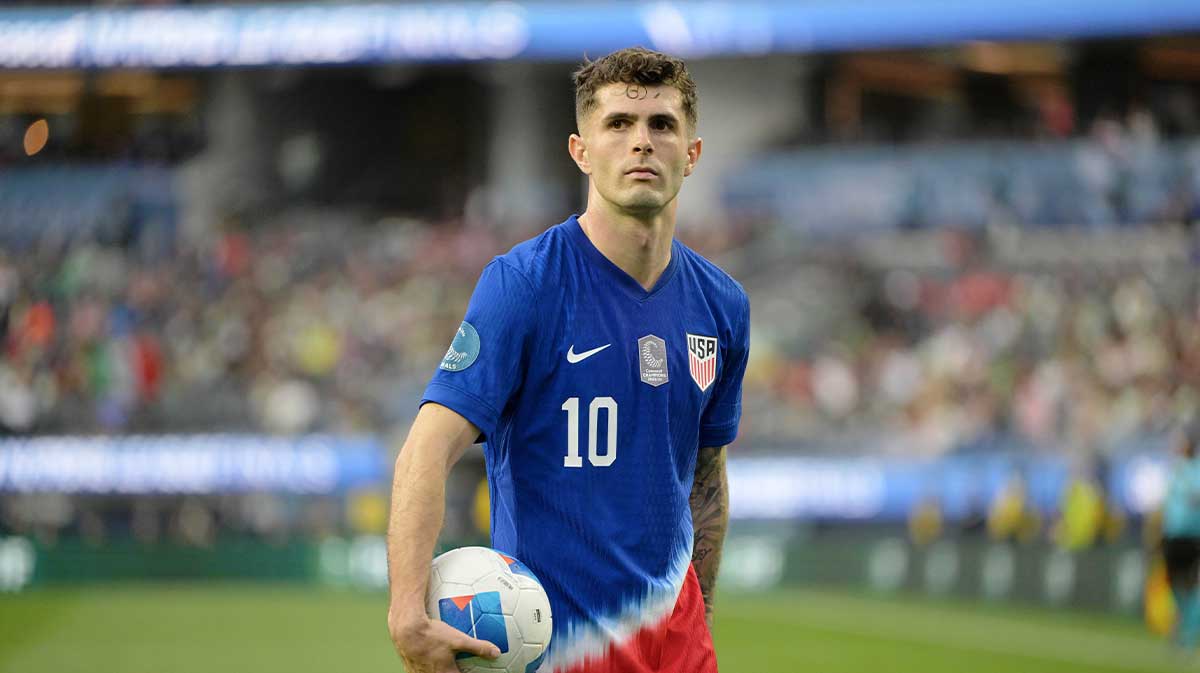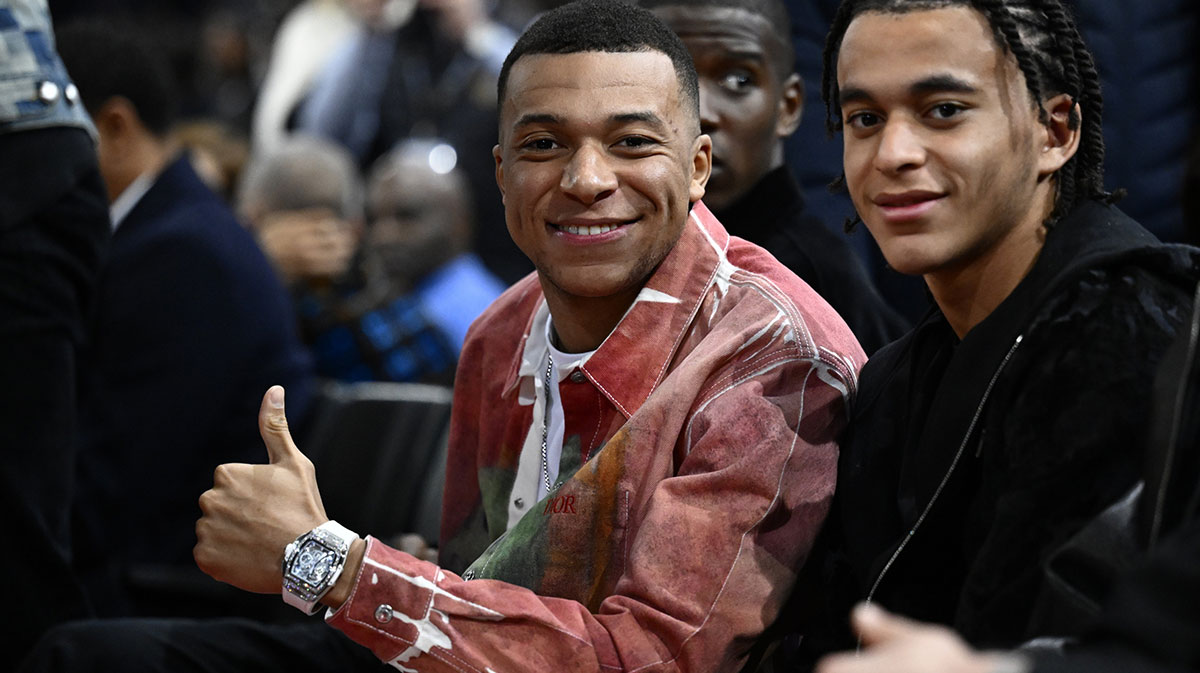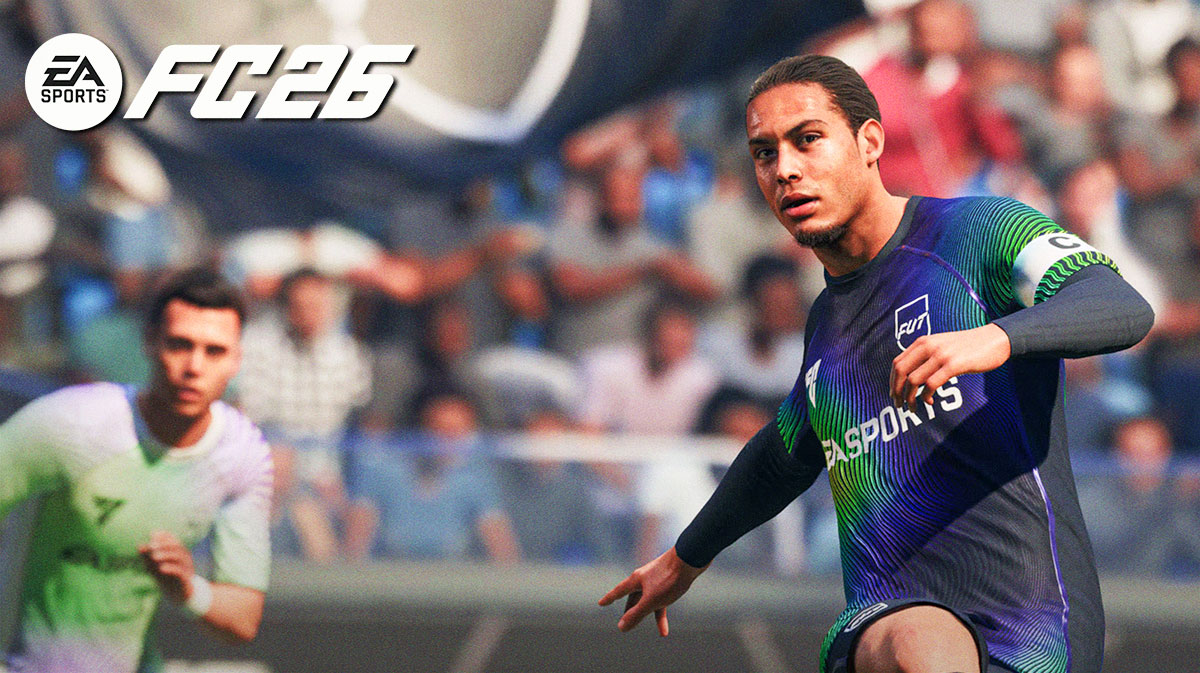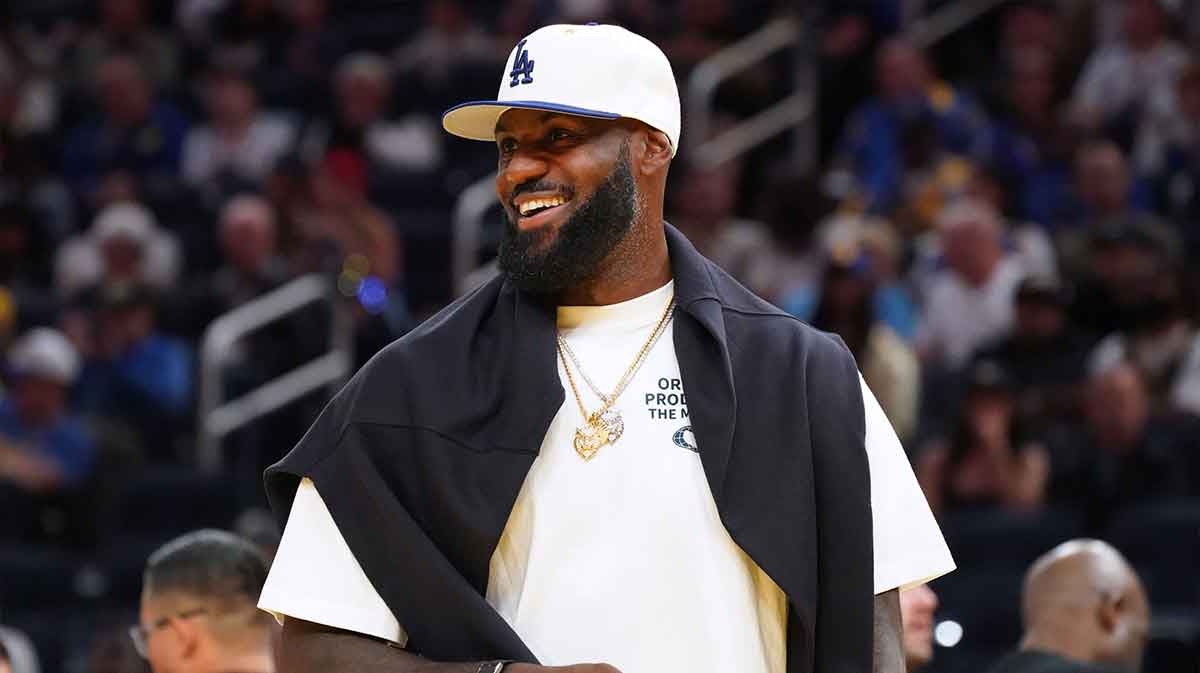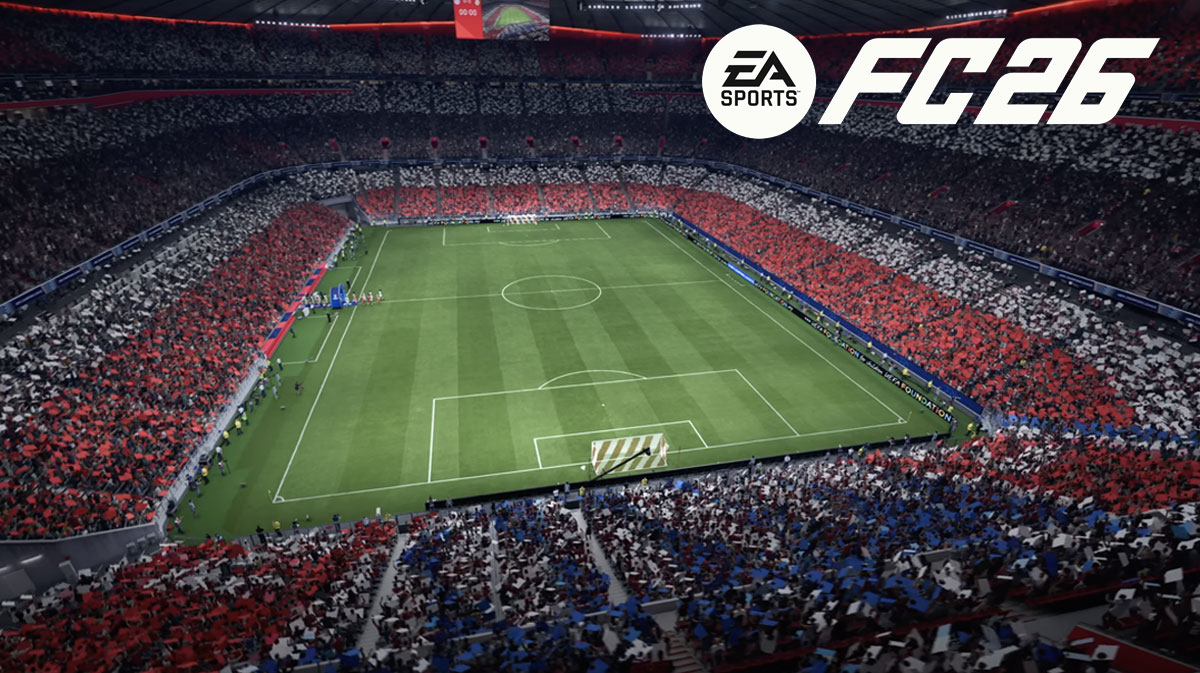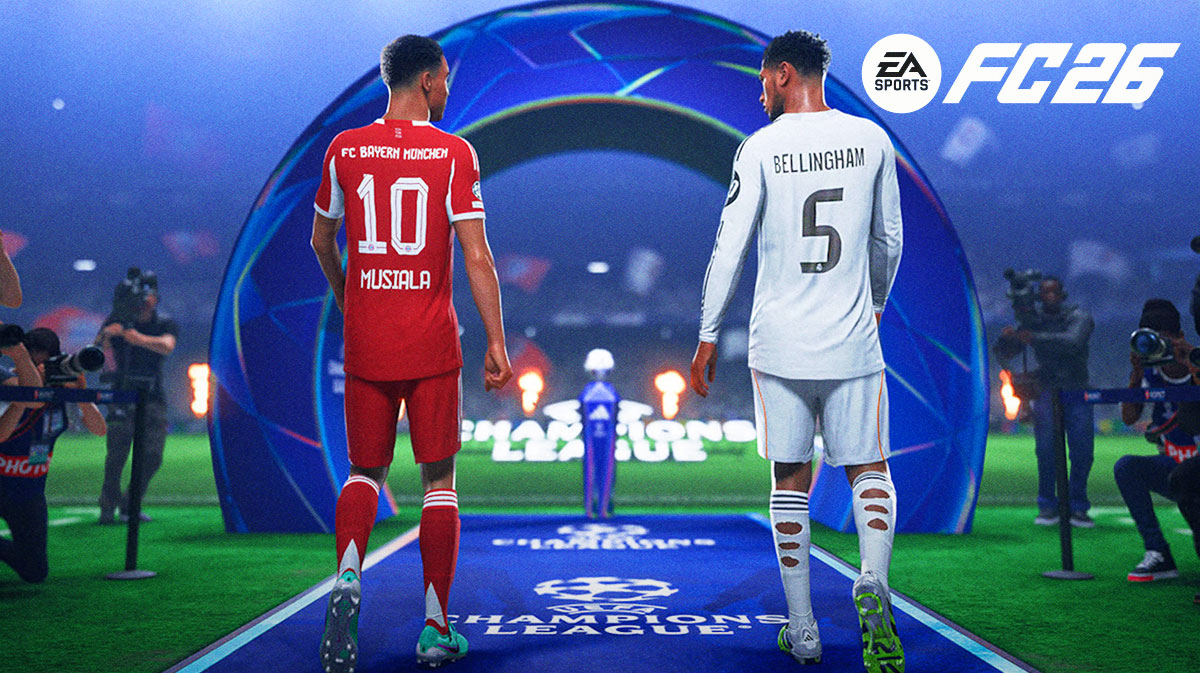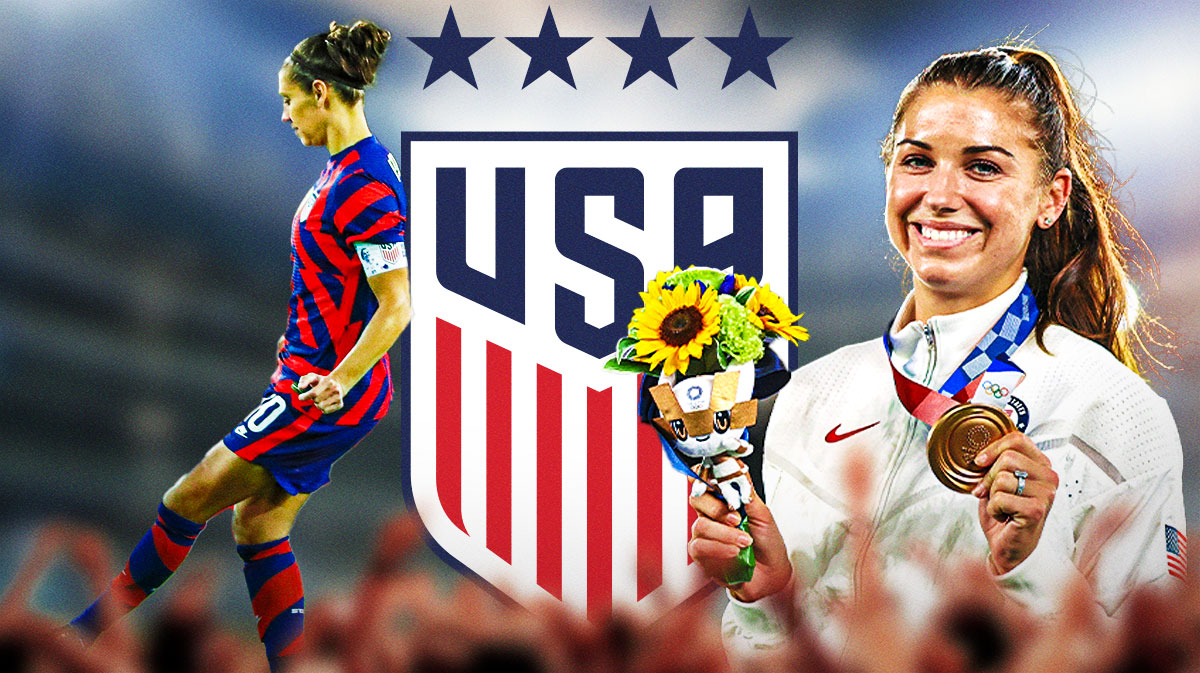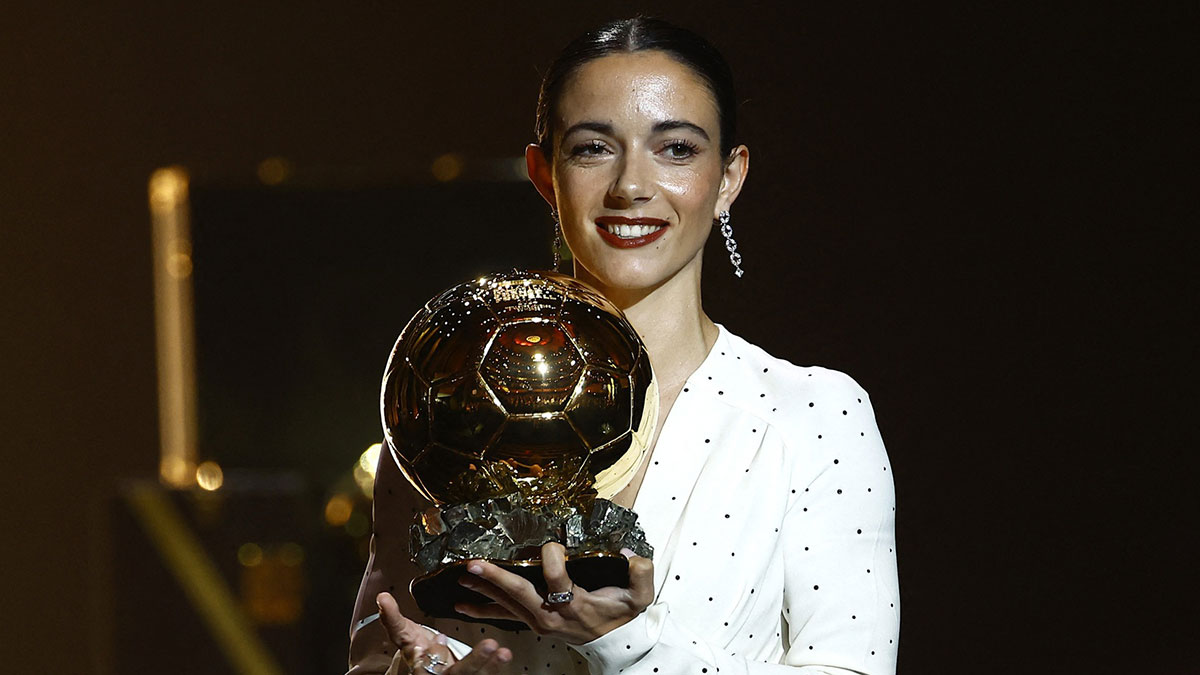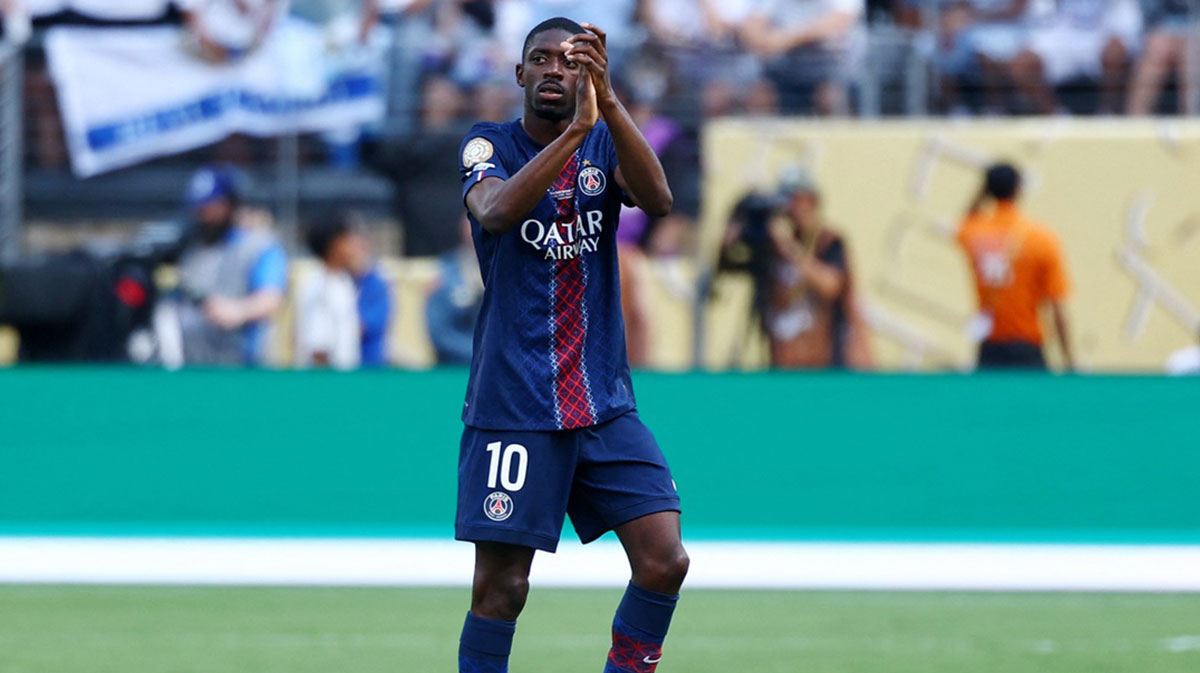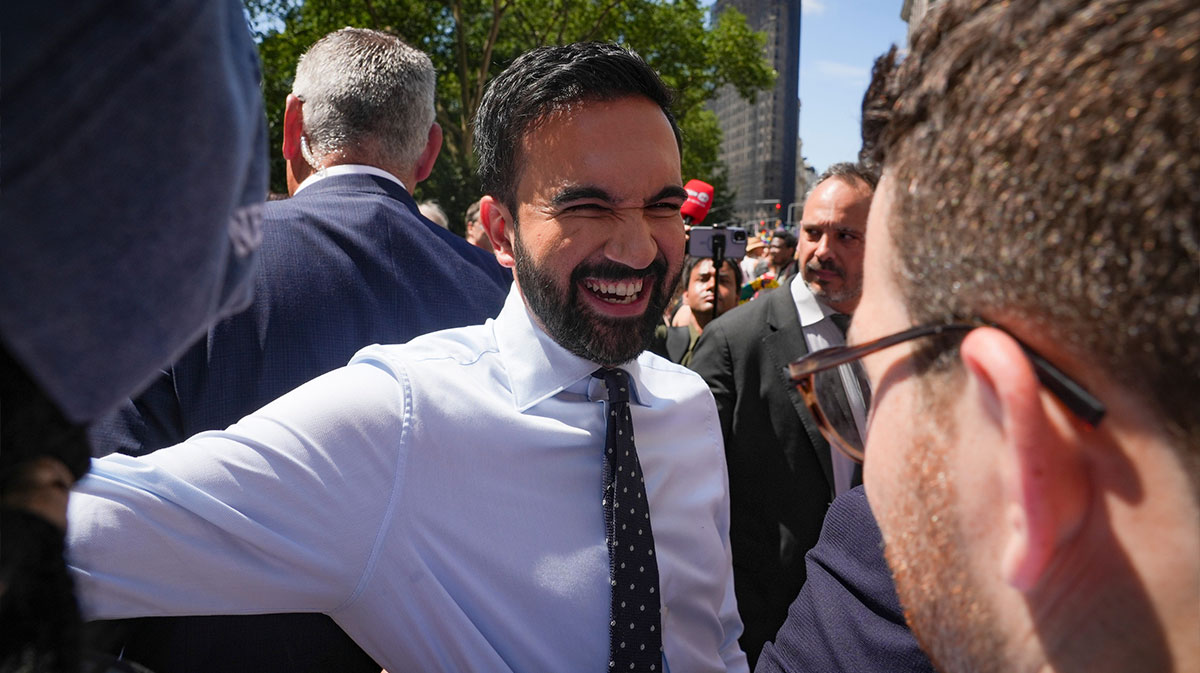The highly anticipated Brazil vs. Argentina showdown at Maracana Stadium erupted into chaos, overshadowing the football spectacle with scenes of disorder and controversy. A video capturing an altercation between Argentina players and unruly Brazil fans highlighted the intensity and animosity that marred the fixture, culminating in Angel Di Maria's purported spitting gesture towards the agitated crowd.
As the match concluded, tensions escalated, prompting the Argentina squad, led by Lionel Messi, to navigate a tumultuous path through an uproarious stadium. Amid beer showers from the stands, Di Maria's provocative response, caught on camera, drew widespread condemnation and online outrage. Fans expressed dismay, labeling the act “rotten” and a “shameful” display.
Di Maria spit on Brazil fans after beer was thrown at him during an argument. pic.twitter.com/v9DCv5suX1
— Ginga Bonito 🇧🇷 (@GingaBonitoHub) November 22, 2023
The on-field drama mirrored the off-field chaos, with 22 fouls recorded in the first half alone. Nicolas Otamendi's decisive goal in the 63rd minute fueled the tense atmosphere, followed by Newcastle's Joelinton receiving a red card for retaliating against Rodrigo de Paul.
De Paul, embroiled in several altercations during the match, exchanged heated words with Brazil's Rodrygo, escalating into accusations and verbal sparring between the players. Brazil's defeat on home soil in World Cup qualifiers marked a historic moment but was overshadowed by the unsavory incidents that unfolded both on and off the pitch.
Reports suggested potential repercussions for Brazil, with FIFA considering a points deduction following the crowd disturbances. The incident stirred debates about sportsmanship and the need for stringent measures to ensure crowd control and player safety in high-stakes football encounters.
The fallout from this volatile encounter casts a shadow on the spirit of sportsmanship and fair play, emphasizing the imperative for thorough investigations and decisive actions to preserve the integrity of the sport while addressing the repercussions of the Brazil vs. Argentina clash that transcended the realms of football competition.



